World Bank and its Partners to Assess the Regional Impact of the Centre of Excellence Projects
The Africa Higher Education Centres of Excellence (ACE) project is pleased to announce the launch of the Impact Evaluation for the ACE series of projects. The evaluation will assess the progress of the ACE series of projects- ACE 1, ACE 2, and ACE Impact. Co-funded by the World Bank and the AFD, the evaluation will be conducted by independent experts and commenced in Burkina Faso, Côte d’Ivoire, Ghana, and Nigeria, although key analytical work will be applied to measure the impact in all participating countries.
The Africa Higher Education Centers of Excellence (ACE) is a World Bank initiative in collaboration with governments of participating countries to support higher education institutions specializing in Science, Technology, Engineering and Mathematics (STEM), Agriculture, Health, Environment and Social Science/Applied Science and Education. It is the first World Bank regional project building the capacities of African universities to address specific common regional development challenges and meet the demand for skills required for Africa’s development through high-quality training and applied research.
The first phase (ACE I) was launched in 2014 with 22 Centers of Excellence in Nine (9) West and Central African countries- Benin, Burkina Faso, Cameroon, Côte d’Ivoire, Gambia, Ghana, Nigeria, Senegal, and Togo. The second phase (ACE II) was launched in East and Southern Africa with 24 centers across Ethiopia, Kenya, Malawi, Mozambique, Rwanda, Tanzania, Uganda, and Zambia. Based on the initial successes, the World Bank, and the French Development Agency (AFD) in collaboration with the African governments, launched the ACE Impact Project in 2019 to further strengthen post-graduate training and applied research in existing fields and support new fields that are essential for Africa’s economic growth. Under ACE Impact, there are 53 ACEs specializing in the broad thematic areas of STEM, agriculture, health, environment, and social/applied science and education.
The Impact evaluation will therefore provide a defined pathway toward subsequent implementation of the ACE model and further guide the design of future national and regional higher education projects. More specifically, the impact evaluation would:
- Identify and highlight key lessons to-date from the ACE projects, discussing project design and implementation concerning quality, relevance, access, governance, and financing and how these relate to training of higher education students and research outputs.
- Assess the impact so far at the sectoral level (STEM, Health, Agriculture, and Education fields), higher education national/institutional system level, and within local/regional communities -focusing on the four target countries; and
- Develop overall and country-specific policy recommendations culminating from the findings, focusing on the higher education sectors at the institutional and national levels.
To commence the assessment process, interviews will be scheduled in centres hosted in the pilot countries. The preliminary findings will be presented at the ACE Impact bi-annual regional workshop to be held in May 2023. In addition, the first draft of deliverables will be shared in June for further review and feedback by key stakeholders.
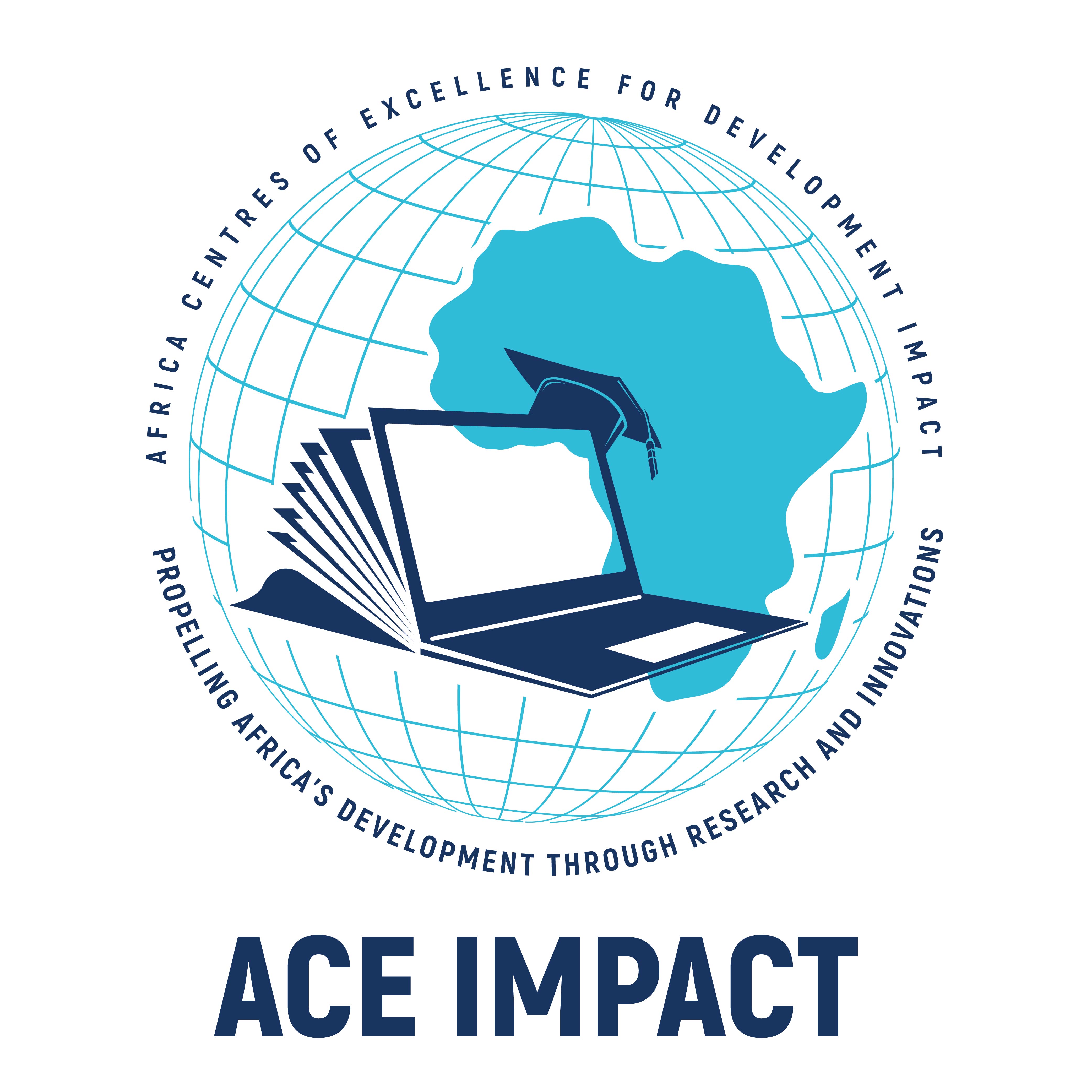
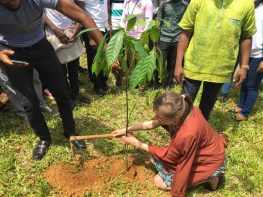
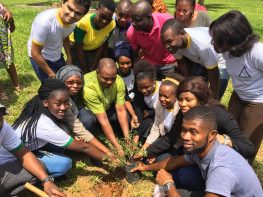
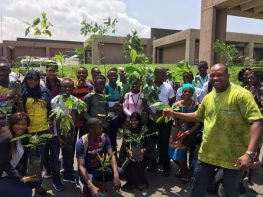
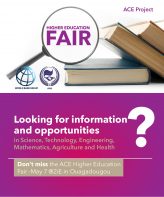 As part of the Ninth ACE workshop, the maiden Higher Education Fair will be organized under the scope of the regional project, Africa Higher Education Centers of Excellence (ACE). The ACE Higher Education Fair would be of interest to students, professors, working adults, members of the industry and the general public seeking higher education opportunities in Africa.
As part of the Ninth ACE workshop, the maiden Higher Education Fair will be organized under the scope of the regional project, Africa Higher Education Centers of Excellence (ACE). The ACE Higher Education Fair would be of interest to students, professors, working adults, members of the industry and the general public seeking higher education opportunities in Africa.